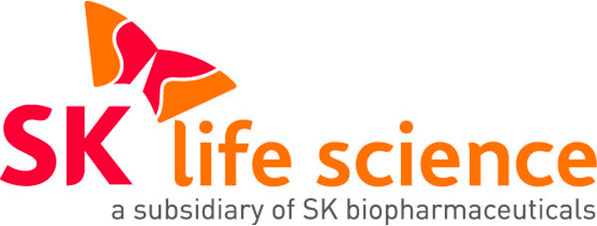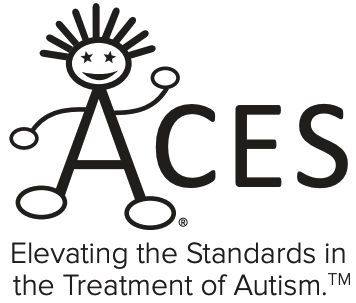November 11, 2016
Phoenix Business Journal
Jim Poulin
The passing of Proposition 206, which will raise Arizona's minimum wage from $8.05 to $12 by 2020, has put a lot of focus on small business and hospitality workers.
Those in the restaurant and hotel industry have said that they will increase costs of their services or look toward automation to battle rising operational costs.
But the state's nonprofits, which will also see rising operational costs, are left in between a rock and a hard place.
"It was kind a double edged sword," said Kristin Merrifield, CEO Alliance of Arizona Nonprofits. "Our nonprofits morally support it, but operationally they know the hard facts."
U.S. Air Force veteran Les Weekly visits the Justa Center in Phoenix, which helps homeless seniors with housing, benefits and employment.
Merrifield said the majority of her organization's nonprofit members, which number in the hundreds, saw the minimum wage increase as a positive impact. Many nonprofits service people living below the poverty level in Phoenix, which makes up 17.4 percent of the population, according to the 2015 U.S. Census Bureau. A hike in minimum wage means that a portion of those people have a chance at better wages.
But some nonprofits also have to adjust to those higher wages, which will affect their employees.
"There was the operational anxiety for nonprofits with direct service, a lot in the health and human services sector that saw significant impacts," said Merrifield. "If this goes into effect, the reality is, with government contracts, they have to close down programs. We’re talking hundreds of employees."
Unlike hotels, retailers and restaurants, nonprofits can't charge more for their services or look to automation.
"We know we’ll see the cost passed along to consumers on the business side, but nonprofits can’t raise prices," said Merrifield. "We need to figure how to raise those dollars."
Arizona's nonprofit sector generates more money annually to the state than tourism by about $1.5 billion, and are responsible for more than 300,000 jobs in the state. Health care organizations make up only 6 percent of roughly 21,000 nonprofits, but they make up 43 percent of assets, 56 percent of jobs and 62 percent of revenue. Human services organizations make up almost a quarter of the state's nonprofits, about $4 million in revenue and more than 40,000 jobs.
11/16/2016 'A double-edged sword': Minimum wage hike, overtime pay could destroy nonprofits - Phoenix Business Journal
percent of revenue. Human services organizations make up almost a quarter of the state's nonprofits, about $4 million in revenue and more than 40,000 jobs.
The problem for nonprofits is that the majority of their funding comes through government contracts: 72 percent comes from earned revenue, fees for services and government contracts. Those contracts have a set rate of where that money goes and how much.
"Sometimes there's a rate in there for what they can pay for that day, or for per person served," Merrifield said. "At the end of the day, cost has increased to provide that service. Unless they can get more dollars, they already know that’s something they can’t sustain."
Because the minimum wage increase goes into effect in January, and new federal rules on overtime pay go into effect in December, Merrifield said nonprofits don't have any time to fund-raise or fill the gap.
"It's a double whammy. We have a shelter that already pays a significant amount of overtime because they run 24/7. For them to pay overtime and minimum wage, there would be no way they could pay," she said. "One organization serving in elderly care through a government contract told me they could lose 400 employees."
Merrifield said proponents of Proposition 206 have been aware of the nonprofit impact, and may be working on ways to help the organizations. The Alliance of Arizona Nonprofits is currently working with their members to renegotiate contracts as well.
"We need to have this conversation and we need to have it fast," she said.














